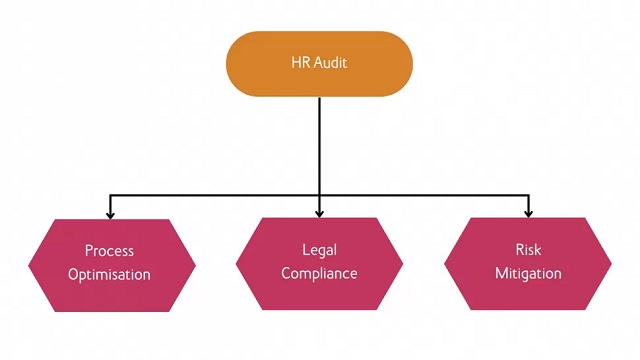With the UK government set to increase penalty fees for employing illegal workers on 13 February 2024, organisations can't afford to be cutting corners when it comes to right-to-work checks on new employees.
The UK government is set to increase penalty fees for employing illegal workers on 13 February 2024. The civil penalty for a first breach is increasing from £15,000 to £45,000 per worker and the civil penalty for repeat breaches is increasing from £20,000 to £60,000 per worker. The Home Office has also announced it will conduct on-the-spot checks to ensure that the correct documentation exists for each employee, including UK Nationals.
With right-to-work checks just one part of onboarding due diligence processes, HR practitioners should see this as a prompt to ensure they have complete confidence in their organisation's documentation, policies, and procedures and, if necessary, conduct an audit to affirm their thinking.
What are right-to-work checks?
To ensure your organisation is compliant with UK legislation, it is imperative to conduct full and proper checks on your employees. Typically, this is undertaken at the final stage of the hiring process. However, employers have the power to conduct right-to-work checks at any time deemed necessary as a matter of company policy.
Right-to-work checks in the UK include verifying that individuals have the required permission to work and ensuring their documentation is valid. A full right-to-checklist is available on the government website. Prospective or current employees will fail right-to-work checks if they lack the necessary leave to remain in the UK, have expired leave, are restricted from certain types of work, or possess incorrect or false documentation.
Implications of non-compliance for employers
If an employer is found guilty of employing someone they had reasonable cause to believe did not have the right to work in the UK, criminal convictions can include imprisonment of up to five years and an unlimited fine. Measures can also include:
- civil penalties
- closure of the employer's organisation
- disqualification of individuals as directors
- loss of the ability to sponsor work visa
- seizure of earnings made due to illegal working
- publication of the details of employers alongside the final penalty values.
In addition, if employers are found to have illegal employees, they may also face sanctions for non-compliance with record-keeping requirements outlined in the Data Protection Act 2018 (DPA), which include fines of up to £17.5 million or four per cent of a company's annual worldwide turnover, whichever is greater.
Ensure compliance through an HR audit.
Considering the changing legislation and increased government scrutiny, those responsible for HR in their organisations should ask themselves the following questions:
- Are you confident that your HR files, policies, and procedures are up to date? And,
- How can you make sure your organisation is protected against these staggering penalties?
Conducting regular HR reviews is essential to providing effective HR solutions for any organisation. They allow HR practitioners to understand potential risk factors (legal and financial), such as outdated contracts of employment or HR policies but also help standardise processes, highlight opportunities to improve your current HR set-up and ensure your HR practices align with the strategic goals of your organisation. HR audits will not only aid your organisation in establishing a comprehensive right-to-work verification process but also affirm HR records are maintained in line with data protection legislation, serving as a defence against allegations of negligence. A thorough audit can also help to identify other areas of non-compliance, allowing you to rectify issues before they lead to legal and financial penalties.

The content of this article is intended to provide a general guide to the subject matter. Specialist advice should be sought about your specific circumstances.
